DHS has also provided the procedure for completing the registration requirements. Form G-325R is available for filing online. Effective date is April 11, 2025.
The rule is based on the statutory requirement in the Immigration and Nationality Act (INA), Section 262, which requires all non-US citizens to register with the DHS and be fingerprinted. However, until now, there was no formal process to comply with the rule apart from mandatory fingerprinting while applying for a visa at U.S. Consulates/Embassies abroad and submitting certain applications for benefits or status to U.S. Citizenship and Immigration Services (USCIS).
With the IFR, the DHS has now specified the procedure to comply with the registration requirement for non-US citizens who are not nonimmigrants or Lawful Permanent Residents (“green card” holders). Nonimmigrants and green card holders can skip to the “What Should I Do?” section at the bottom of this Alert for specific instructions.
Non-US citizens not otherwise registered must create an account on the myUSCIS website and submit Form G-325R (Biographic Information – Registration), available only for online filing, to USCIS. Form G-325R requests information on the registrant’s name and other identifying information, current mailing address and physical address, 5 years of address history, arrival date and immigration history, planned activity in the United States, plans to depart the United States (if any), and criminal history (if any). The form also requests any current spouse’s name and identifying information (though not immigration status), as well as each parent’s name, date and place of birth, and current residence. Registrants can upload any supporting documentation they wish to provide through the system or provide any free text information they wish to provide.
Once Form G-325R is submitted, the IFR states that USCIS will provide an appointment for the registrant to appear at an Application Support Center to have their fingerprints taken, unless they fall into a category exempted from fingerprinting.
Non-US citizens are required to submit the form within 30 days of the publishing of this rule, so by April 12, 2025. There is currently no fee to submit the form, though USCIS is requesting comments on whether it should impose a $30 fee to recover the costs of operating the registration process.
Non-US citizens over the age of 18 are required to carry proof of their registration with them at all times. Proof of registration can be printed from the USCIS website once Form G-325R is completed online for those not required to be fingerprinted. If fingerprinting is required, proof of registration will be available in the person’s myUSCIS account once fingerprinting is completed.
Aliens who have already registered include:
- Lawful permanent residents;
- Aliens paroled into the United States under INA 212(d)(5), even if the period of parole has expired;
- Aliens admitted to the United States as nonimmigrants who were issued Form I-94 or I-94W (paper or electronic), even if the period of admission has expired;
- All aliens present in the United States who were issued immigrant or nonimmigrant visas before their last date of arrival;
- Aliens whom DHS has placed into removal proceedings;
- Aliens issued an employment authorization document;
- Aliens who have applied for lawful permanent residence using Forms I-485, I-687, I-691, I-698, I-700, and provided fingerprints (unless waived), even if the applications were denied; and
- Aliens issued Border Crossing Cards.
Who is not registered?
Anyone who has not applied to the Department of State for a visa, been issued one of the documents designated as evidence of registration under 8 CFR 264.1(b), or has not submitted one of the forms designated at 8 CFR 264.1(a) and provided fingerprints (unless waived) is not registered. Aliens who have not registered include:
- Aliens present in the United States without inspection and admission or inspection and parole who have not otherwise registered (that is, aliens who crossed the border illegally);
- Canadian visitors who entered the United States at land ports of entry and were not issued evidence of registration; and
- Aliens who submitted one or more benefit requests to USCIS not listed in 8 CFR 264.1(a), including applications for deferred action or Temporary Protected Status who were not issued evidence of registration listed in 8 CFR 264.1(b).
Foreign nationals who must register include:
- All non-US citizens who were not registered and fingerprinted when applying for a visa to enter the United States and who remain in the United States for 30 days or longer. This includes:
- Canadian visitors who entered the United States at land ports of entry and were not issued evidence of registration must now register if they intend to remain in the U.S. for 30 days or longer; however, fingerprinting will continue to be waived for Canadian visitors.
- Non-US citizen children below the age of 14 years of age who have not been registered and remain in the United States for 30 days or longer. Therefore, parents with children on H-4, F-2, O-3, and similar dependent statuses are now required to register their children, though the children will not need to submit fingerprints until they reach age 14.
- Persons who entered without inspection and who have not been fingerprinted in connection with any pending application for immigration benefits.
- Any noncitizen, regardless of previous registration, who turns 14 years old in the United States, must update their registration and be fingerprinted within 30 days after their 14th birthday.
- Green card holders who obtained their green cards under age 14 are required to register by filing Form I-90, to replace their green cards, and be fingerprinted, upon reaching age 14. They should file Form I-90 instead of Form G-325R.
- Non-US citizens who submitted one or more benefit requests to USCIS not listed in 8 CFR 264.1(a), including applications for Deferred Action for Childhood Arrivals (DACA) or Temporary Protected Status (TPS), who were not issued evidence of registration, such as an employment authorization document, must register with Form G-325R.
Non-US citizens who have previously been registered and do not need to register:
- Any non-US citizen or visitor from Canada in the U.S. for 30 days or less
- All non-US citizens over age 14 who entered the United States with a nonimmigrant (temporary) visa or using ESTA after 2004, as they were registered and fingerprinted through their application for a visa and/or upon arrival in the United States. At all times, nonimmigrants should carry a printout of their Form I-94, Arrival-Departure Record from the CBP website as evidence of registration.
- All green card holders (immigrants) who were over 14 years of age when they received their green cards have been registered and fingerprinted as part of the green card application process. Lawful Permanent Residents must carry their Permanent Resident (“green”) Card with them at all times as evidence of registration.
Penalties for Failure to Register and Failure to Carry Proof of Registration:
Non-US citizens who willfully do not comply with the registration and fingerprinting requirements are subject to criminal penalties, including a fine of up to $5000 or imprisonment for up to six months, or both. This penalty also applies to parents or guardians of those under the age of 14 who willfully fail to comply on behalf of their children. In addition, providing false information on the registration form is punishable under several criminal statutes, including imprisonment for up to 10 years for knowingly making a false statement under penalty of perjury in a document required by immigration laws and regulations.
What Should I Do?
Whether you are impacted by the new registration requirement depends upon your immigration status in the United States:
- If you do not have a green card and are not in valid nonimmigrant status (including if you have stayed beyond your allowed period of stay in the United States or have violated your nonimmigrant status), you should consult with an attorney.
- If you have a currently valid nonimmigrant status (F-1/F-2, H-1B/H-4, ESTA entry, etc.): Your nonimmigrant status, as evidenced by your I-94 printed from the CBP website, meets the registration and fingerprinting requirement if you are over age 14, so you are not affected by this rule. You should carry a copy of your I-94 printout and notify USCIS of any changes in your home address on Form AR-11 to maintain your valid registration with USCIS.
- If you are a Lawful Permanent Resident (including Conditional Permanent Resident) or “green card” holder: Your permanent resident status, as evidenced by your “green card,” meets the registration and fingerprinting requirement if you are over age 14, so you are not affected by this rule. You should carry your Permanent Resident Card with you and notify USCIS of any changes in your home address on Form AR-11 to maintain your valid registration with USCIS.
- If you are the parent of a child under age 14 who is either in nonimmigrant status (F-2, H-4, O-3, etc.), or who is a “green card” holder, you must register your child under this new procedure. You should create a myUSCIS account for each child in that child’s name and complete Form G-325R for that child. Once your child turns age 14, you should update their registration on Form G-325R (for nonimmigrants) or file Form I-90 to replace the child’s green card and be fingerprinted (for green card holders). If you have questions about the registration process for your children, you should contact an attorney.
- If you do not have a green card and are not in valid nonimmigrant status (including if you have stayed beyond your allowed period of stay in the United States or have violated your nonimmigrant status), should consult an attorney.
STEP-BY-STEP GUIDE FROM USCIS:
Step 1: Create a USCIS Online Account
To register, you must first create a USCIS online account. See our How to Create a USCIS Online Account page for more information.
Each alien submitting Form G-325R must have their own individual USCIS online account. This includes aliens under the age of 14. If you are the parent or legal guardian of an alien under the age of 14 who needs to register, you will need to set up an individual USCIS online account on your child’s behalf and in their name.
Step 2: Submit Form G-325R
Once you create your or your child’s (if you are the parent or legal guardian of an alien under 14 years of age) USCIS online account, fill out an electronic version of the Form G-325R, Biographic Information (Registration). Form G-325R must be filed online through a USCIS online account. It cannot be filed by mail or in person.
Step 3: USCIS review of Form G-325R
Once you have submitted Form G-325R, USCIS will review the information you provided and any DHS records that are available about you. If it appears that you have already complied with the registration requirements in some other way and do not need to submit Form G-325R, USCIS will notify you that you have already complied with the registration requirement. If you have already registered as required under INA 262, USCIS will not schedule you for a biometric services appointment or provide you with evidence of registration. If it appears that you are required to register, USCIS will review your Form G-325R to determine if you are required to appear for a biometric services appointment. If you are not required to appear for a biometric services appointment (for example, Canadian visitors and aliens under 14 years of age), USCIS will provide you with evidence of registration (see Step 5 below).
Step 4: Attend appointment for biometrics collection
If you are required to register and provide biometrics, USCIS will schedule you for a biometric services appointment at one of our Application Support Centers (ASCs). Registrants are not required to pay a biometric services fee under the Interim Final Rule.
See our Preparing for Your Biometric Services Appointment for more information about what to expect.
A willful failure or refusal to attend your biometric services appointment (if required) may result in a determination that you have failed to register under INA 266(a), 8 U.S.C. 1306(a), and may result in criminal penalties.
Step 5: Receive registration documentation
Once you have registered and provided your biometrics (if required), we will post a notice (USCIS Proof of G-325R Registration) that provides proof of your registration to your USCIS online account. In your USCIS online account, you will be allowed to download a PDF version of the notice and can print it.
Read more about Alien Registration requirement here.

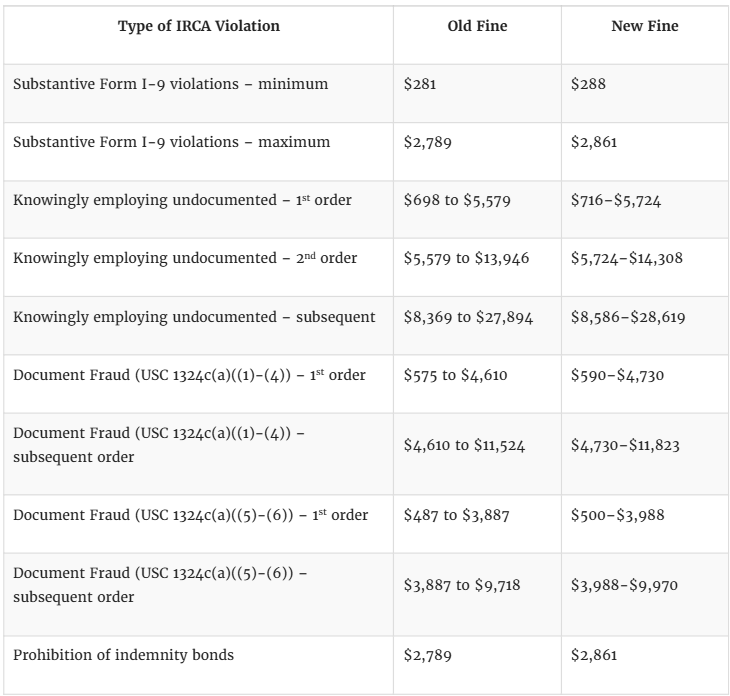

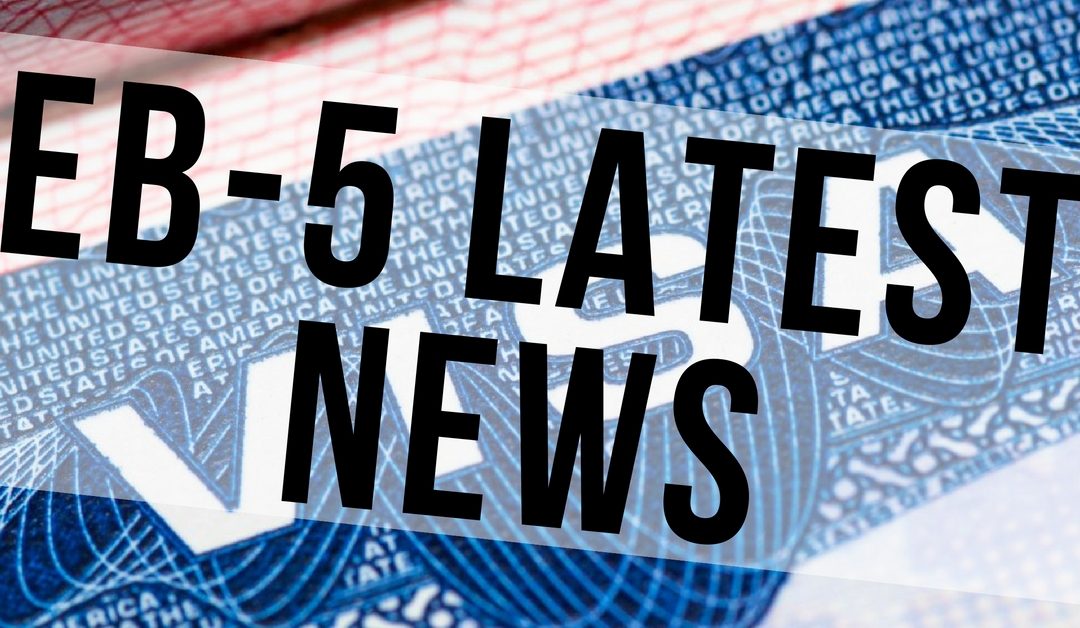
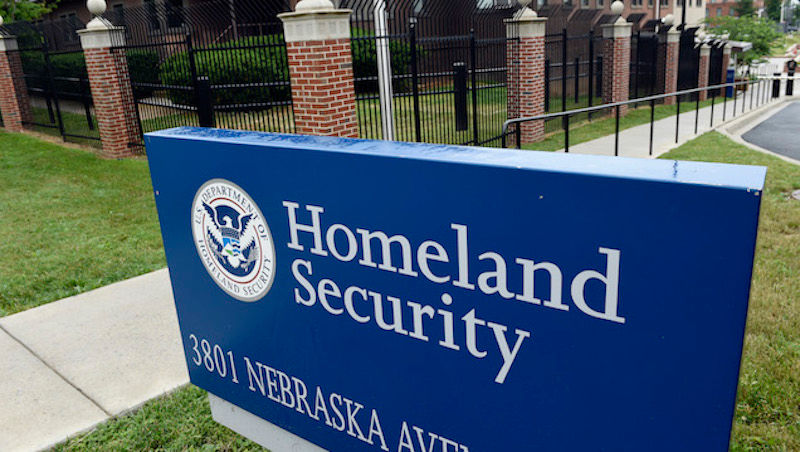
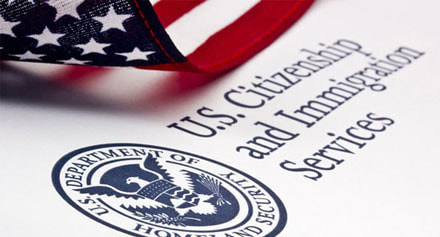
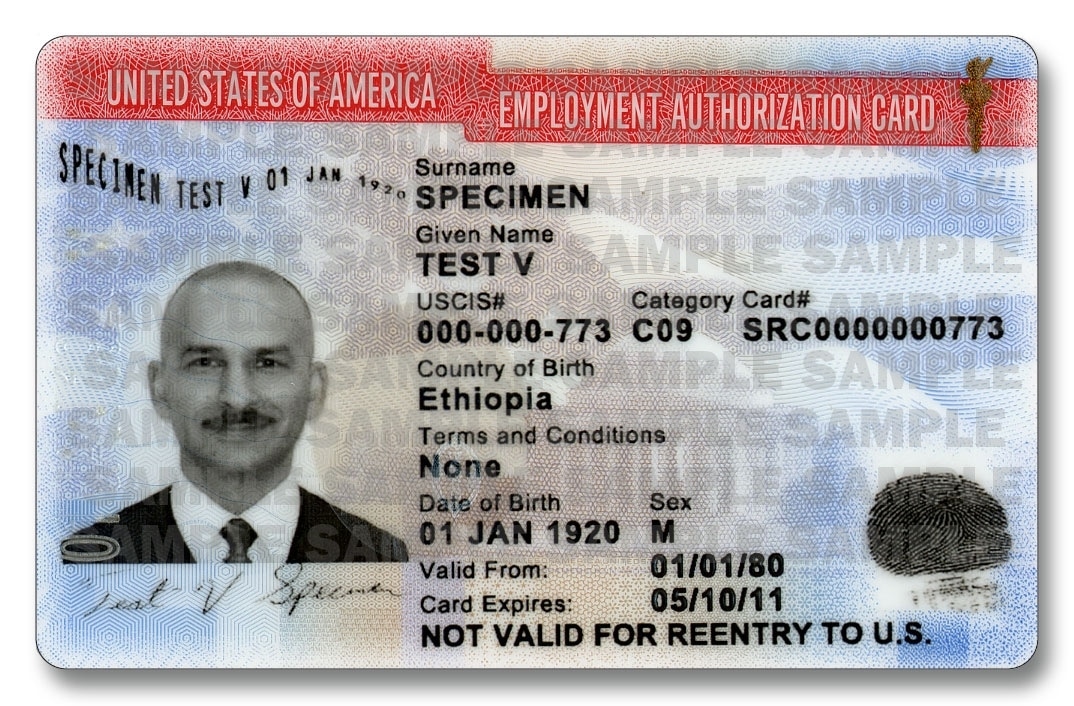


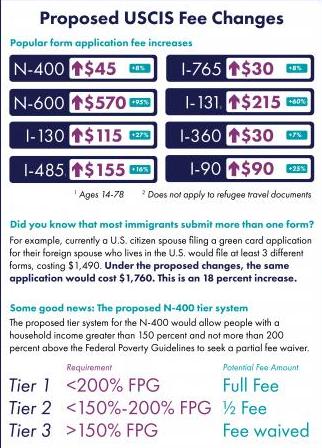

 RSS Feed
RSS Feed